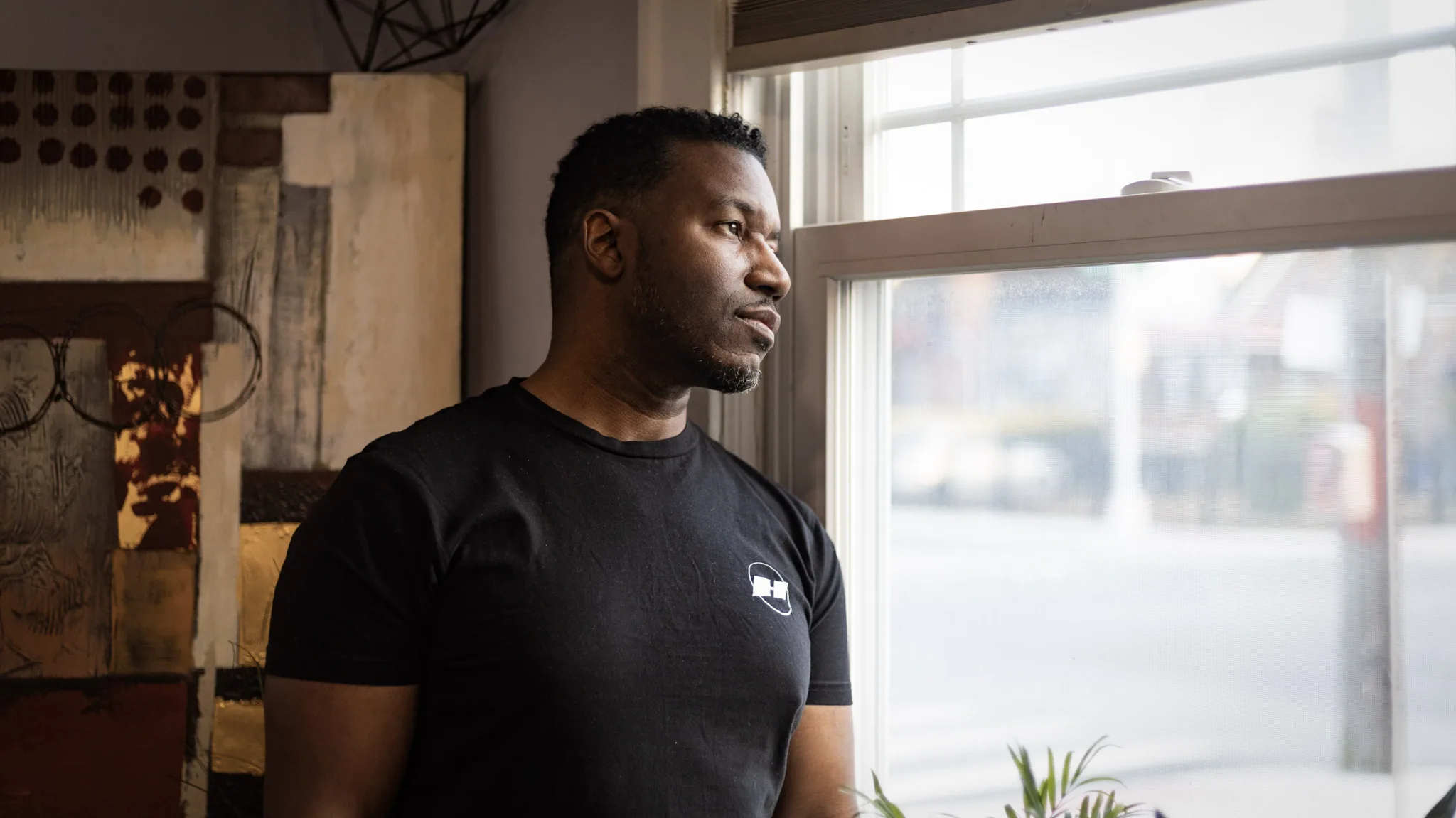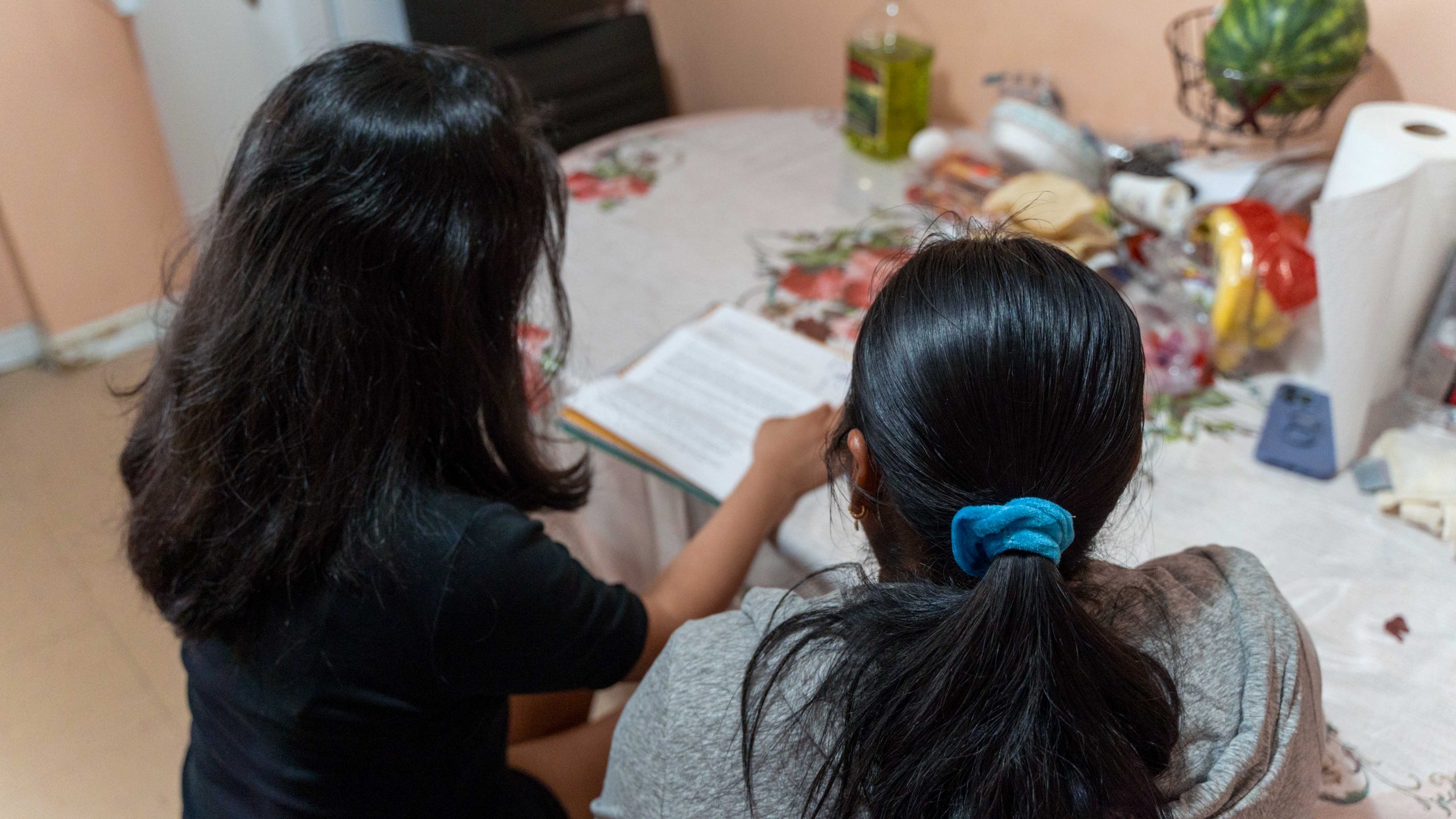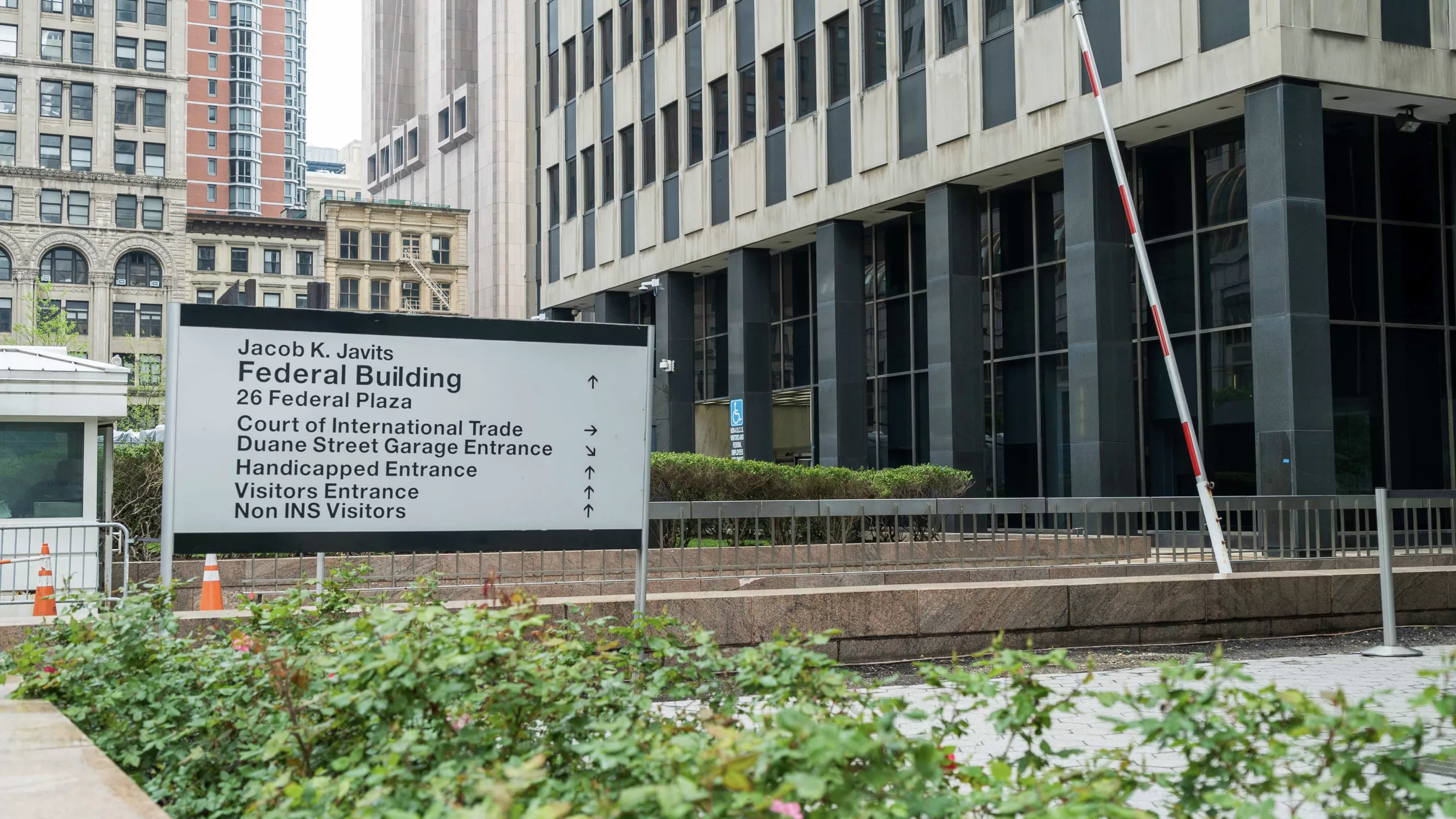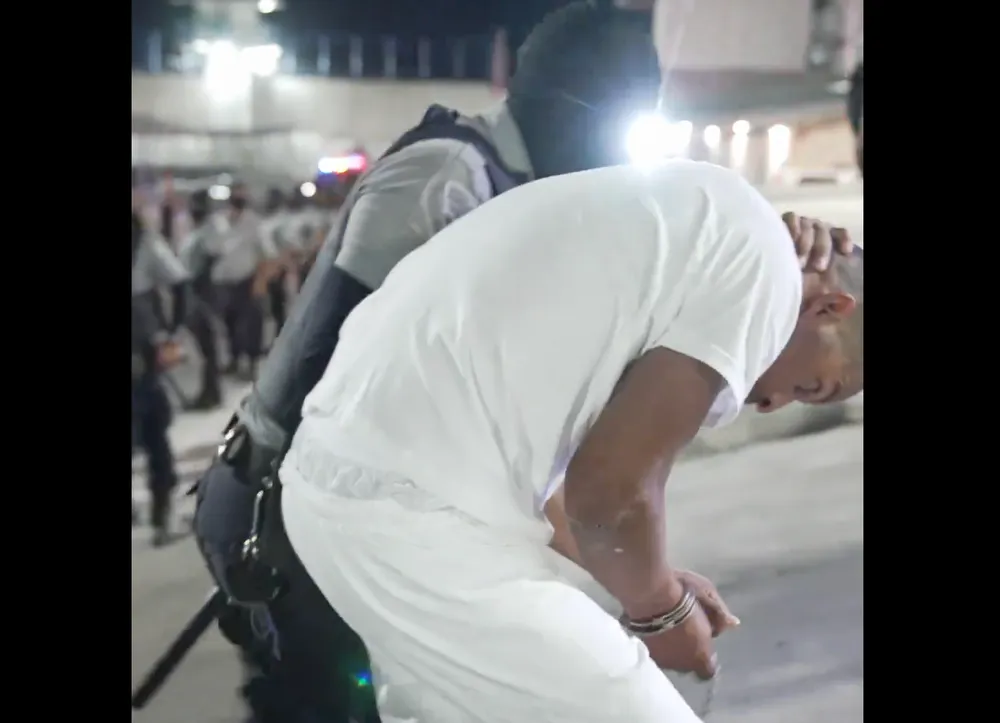Pascal “Shakoure” Charpentier has rebuilt his life after serving 25 years in prison. In the heart of Harlem, one evening in early January, he and seven friends gathered around a table at a local restaurant. Nearly a decade had passed since they last saw one another. This time, it wasn’t a classroom at Sing Sing Correctional Facility in Ossining, New York, that brought them together. Instead, it was a shared meal and a chance to reflect on their lives after being released and the graduate program they had all participated in while they were incarcerated, an experience that had left a profound impact on each of their lives.
Yet, even in the peaceful reflection of the night, Charpentier’s future in the U.S. remained uncertain: he is currently under an order of removal from Immigration Customs and Enforcement (ICE) and faces deportation to Haiti, a country he has never visited. His years-long fight to prove his U.S. citizenship has left him in legal limbo.
With the inauguration of President Donald Trump and the administration’s aggressive immigration policies, Shakoure’s fear of deportation has intensified. Now, his last hope is a pardon from Gov. Kathy Hochul.
“[I wonder if] I’ll ever see the day I no longer worry about being deported, detained or having ICE agents knock on my door,” said Charpentier, age 53. “It’s terrifying because each day brings so much uncertainty.”
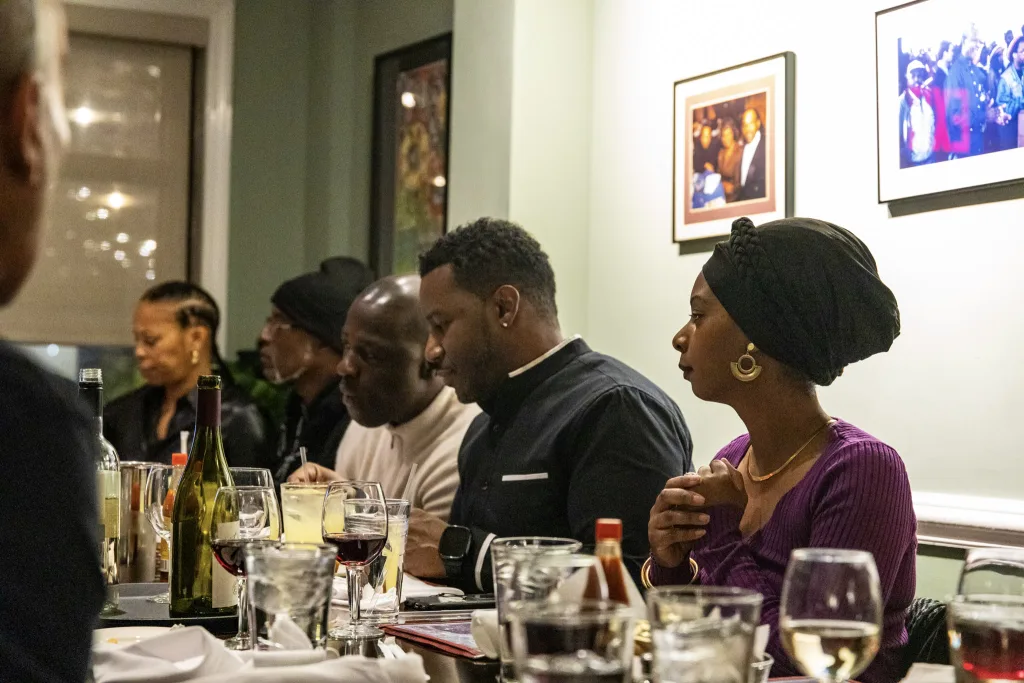
At his home in Jamaica, Queens, he works out of a cozy office next to the living room in his two-story house. The space reflects his passions with shelves of books, photo and video equipment, two large screens, virtual reality headsets, and walls adorned with family photos and replica paintings. Near a window, he proudly displays his diplomas and badges from various programs, symbols of his journey and achievements.
Charpentier added that his family lives with constant anxiety, and at times, his fiancée Nathalie becomes so overwhelmed that she breaks down in tears just thinking about his potential deportation. His risk of deportation is heightened because of his criminal record, which is a major determining factor in deportation proceedings.
Also Read: ICE Wants to Deport This NYC Resident to a Country He Has Never Visited
The legal struggles he faces stem from the government’s contention that he is not a U.S. citizen, despite his birth on a U.S. military base in Bitburg, Germany, in 1972. Charpentier’s father, Edouard, had enlisted in the U.S. Army during the Vietnam War, a service that offered enlistees the opportunity to naturalize as U.S. citizens. Edouard, who was born in Haiti, said he completed the naturalization process in Texas before Charpentier was born. Charpentier’s mother, Marlene Deetjen, who came to the U.S. from Haiti as a child, was living with Edouard at the time.
Under U.S. law, children born abroad to U.S. citizen parents are considered citizens. However, ICE has challenged Charpentier’s claim, arguing that his father’s naturalization status and his mother’s derivative citizenship are not sufficiently documented. Ironically, the government initially identified Charpentier as a U.S. citizen while he was incarcerated, noting his birth in Germany on a U.S. military base.
Charpentier’s fight has garnered support from community leaders, faith groups and advocacy organizations, who argue that he should not be deported for a crime committed 35 years ago, especially since he has already served his sentence. Still, other organizations note he should not be deported because he is a U.S. citizen.
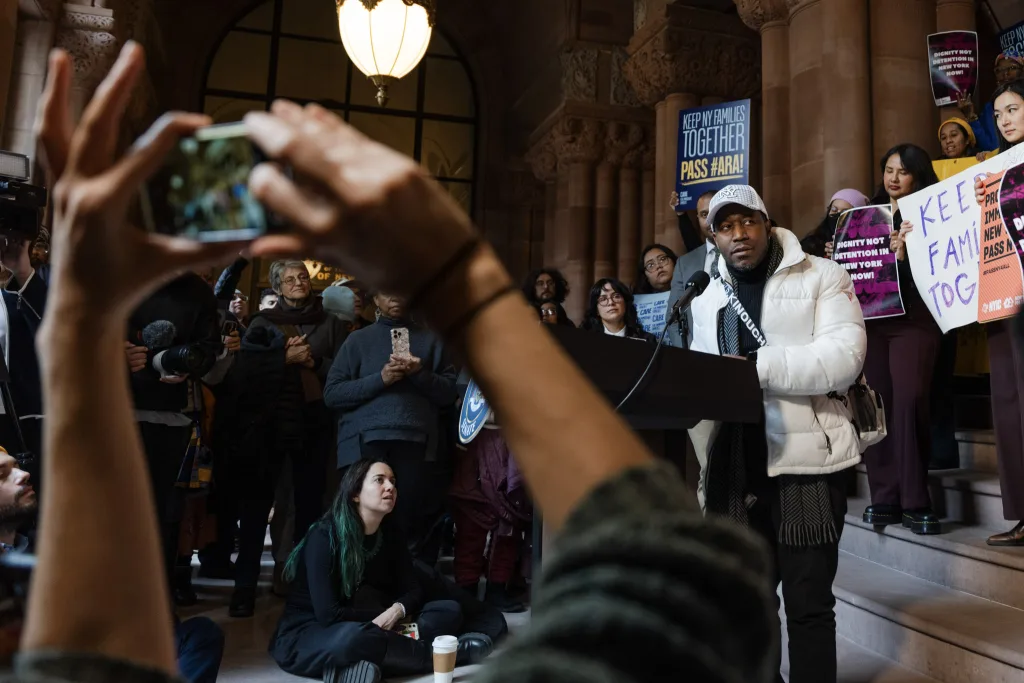
In 2020, over 60 individuals signed a letter to then-Gov. Andrew Cuomo, urging him to grant Charpentier a pardon to shield him from deportation. Although Cuomo left office without taking action, advocates had hoped Hochul would address the issue. However, Charpentier was not named among the dozens of individuals Hochul granted clemency to in 2023 and 2024.
“It was a bit surprising and very distressing because that was kind of like our last card on our deck to avoid being re-detained and then potentially deported once this administration established itself with what it wants to do,” he said.
Also Read: Hundreds Rally in Albany Against Mass Deportation
Charpentier, who grew up in Queens with his mother, never thought twice about his citizenship status. He told Documented that he began working at 16 and always had a Social Security number. “I never had reason to question or doubt that I was a U.S. citizen,” he said.
When he was 18 years old, Charpentier acted as a lookout while a group of teenagers fatally stabbed Brian Watkins, a 22-year-old tourist from Utah, on a subway platform in Manhattan. He was charged with felony murder. His immigration status never came up as an issue until he was released from prison in 2015 after serving a 25-year sentence.
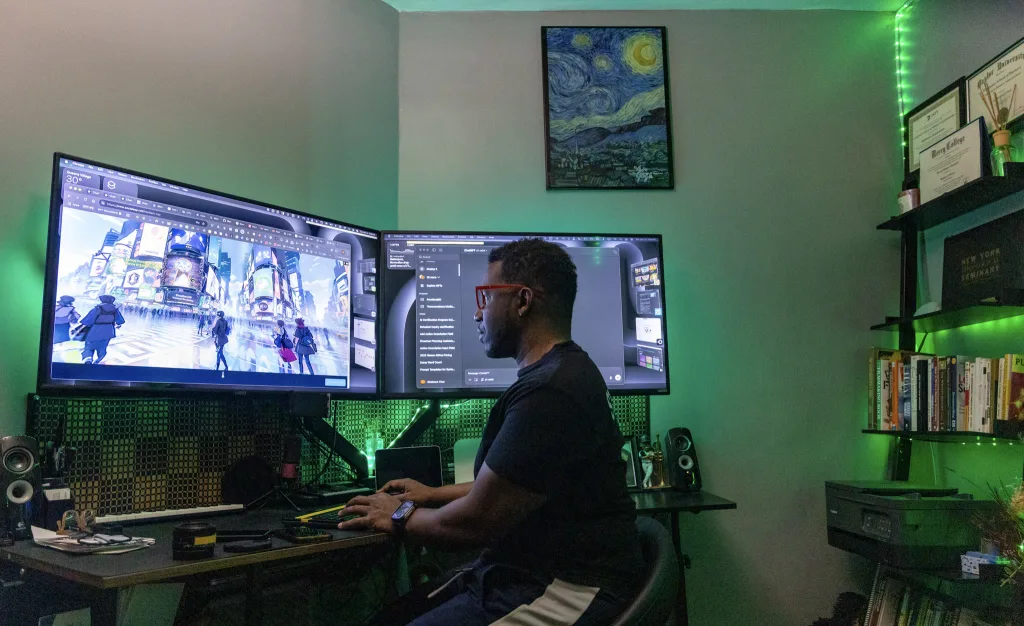
After his release in 2015, he learned that the laws require proof of citizenship or legal residency to work and obtain a driver’s license. Since he had no legal documentation, an immigration attorney suggested that he might already have a green card, so he applied for renewal in 2016.
Initially, USCIS told him they had no records of him in their system, but a congressional representative helped his father in getting the paperwork. He received his green card in 2017. However, it listed Haiti as his birthplace, a mistake he didn’t address. “I did not bring that to any agency’s attention, fearing that it might open up complications. It seems that the worst of complications came regardless,” he said.
“The government initially identified Shakoure as a U.S. citizen while he was in prison, noting he was born in Germany. Yet in 2020, ICE arrested him, falsely claiming he was born in Haiti. The immigration judge then ruled it was up to Shakoure to prove his citizenship, even though it’s the government’s responsibility to prove otherwise,” said Nancy Morawetz, one of his lawyers and co-director of the Immigrant Rights Clinic at NYU School of Law.
His legal team argues that he is a U.S. citizen through his parents and his birth on a U.S. military base, which is considered U.S. territory. However, the government contends he is merely a permanent legal resident, according to Morawetz. According to U.S. law, permanent residents can lose their status if they are convicted of certain crimes, including minor ones.
Charpentier’s 5-year-fight for a pardon continues to garner significant support, with elected officials including City Councilmembers Shahana Hanif and Nantasha Williams, State Senator Leroy Comrie, Senator Julia Salazar and Assembly Member Rodneyse Bichotte Hermelyn submitting letters to Gov. Hochul on his behalf.
“We’re hopeful and prepared, but anything could happen. People who are maybe a little bit more hesitant to support for one reason or another have told us to keep them updated, which shows they’re truly invested as the case develops,” said Yulie Landan, Justice Catalyst fellow at the National Immigration Project (NIPNLG). “It shows how deeply invested people are as his case develops.”
Dr. Julie Faith Parker, a former professor from the Master of Professional Studies program he completed through the New York Theological Seminary at Sing Sing, called his case a “tragedy.”
“He’s a good person who has been doing meaningful work, yet he paid an outsized price for a mistake he made in his youth,” she said. “He deserves a chance at a good life because we need his talents and contributions.”
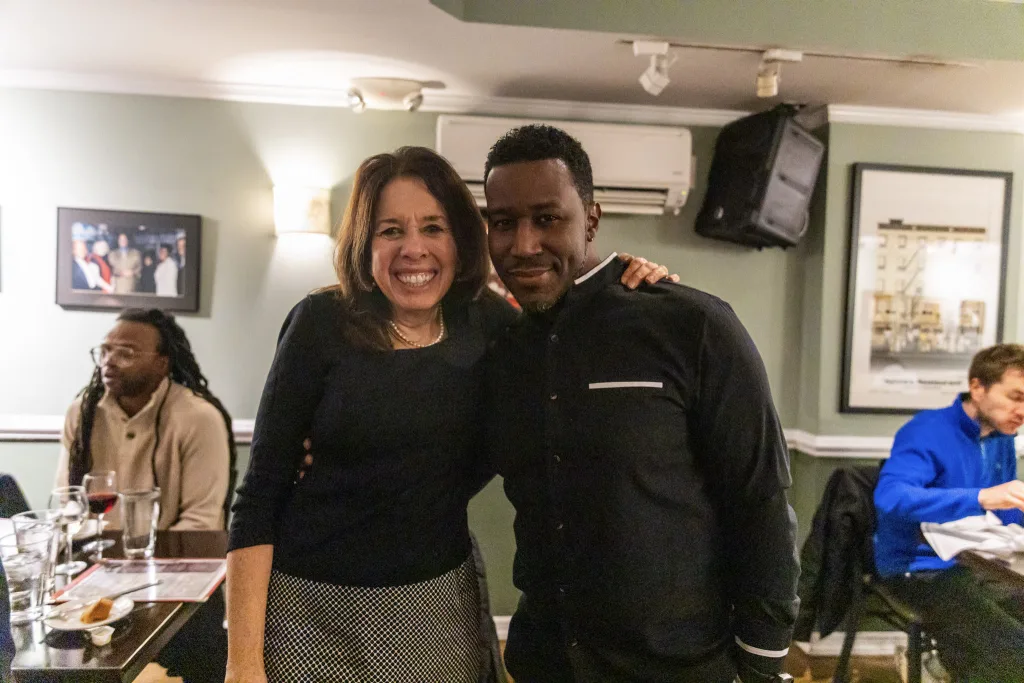
While incarcerated, Charpentier studied behavioral science and earned a degree in theology. After his release, he pursued a two-year business administration program at Baylor University. During this time, he also launched Transcendence Media, a company focused on emerging trends in digital media, particularly 3D development. His services have included 3D spatial capture for major brands and spaces, including Sheraton, Marriott, Nike, Conrad, Hilton, retail stores, galleries, and museums.
He also founded From Bars II Beyond, a nonprofit amplifying the voices and stories of formerly incarcerated individuals. The nonprofit aims to inspire others and help young people learn from their past mistakes.

Charpentier told Documented that since being jailed at the age of 18, he has always aimed to become the best version of himself. That’s why he stayed out of trouble during his 25-year incarceration. His goal was to fill his “suitcase” with as many tools as possible because he wanted a head start if he ever got out. Through prayer and faith, he said he was able to persevere and not give up.
“I’ve been under ICE and DHS prosecution for almost five years, and not once have they asked about my life, my family, or my accomplishments. To them, I’m just a file, a number to be processed. The human element is replaced by a system of punishment, treating what should be a civil matter as purely criminal,” he said.
While serving his sentence, he said that he was inspired by the stories of others who, despite being in similar situations, went on to become valuable assets to their communities.
“I want people to see someone who gave 100 percent effort to achieve his dreams — someone my family can be proud of and my community can view as an example for the youth,” he said.
Charpentier waits, caught between hope and fear, striving to remain the man he worked so hard to become.
